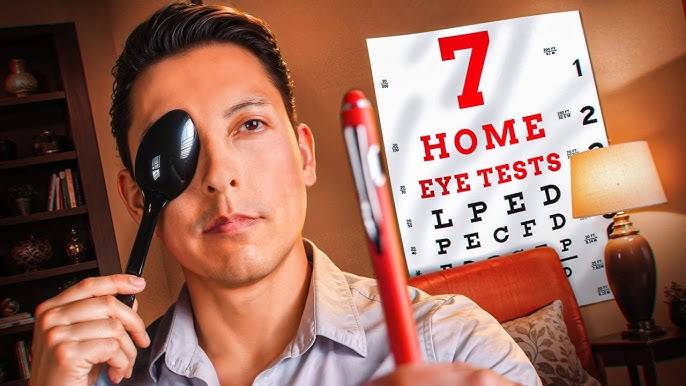Over the past decade, the millennial digital self-care movement has combined with the widespread adoption of social media to create a multifaceted concern about how we appear. with others online. From there, health gurus arose, some certified, others espoused because they advocated compassion for our physical selves. It has become common to see skin and hair care tutorials not only from celebrities but also from our girlfriends. However, with the rise of wellness content has come a ton of misinformation about how we take care of ourselves, especially our skin.
In recent years, and especially since the onset of the COVID-19 pandemic, this has only gotten worse.
Raed Also: Falconets Aim For Flawless Performance Vs Canada
“I’ve seen people burn themselves, scar themselves and leave spots of hyperpigmentation that they now have to treat over the next months,” says dermatologist Anthony Rossi, M.D. “These do-it-yourself facial masks, where they’re telling you to combine lemon juice with other things, can really do more damage than good.”
Zoom/social media dysmorphia—the hyper awareness of how we appear on camera—has also reached a critical point, Rossi notes. It’s become a point of concern in the dermatology field, as an increasing number of clients approach professionals with unrealistic expectations of how their skin should look. The smooth, pore-free look is no longer only for glossy ad campaigns. People want to look that way in real life, all of the time.
“We are trying to address this idea of Zoom dysmorphia, of course, because we’re using televideo all the time now,” Rossi says. He adds that photo-editing filters are also influencing the way people think their skin should look. But social media is a breeding ground for poor methodology in terms of protecting your skin, particularly if you are Black or a person of color.
“Misinformation can spread like wildfire, because a lot of us have been taught the same skin care myths growing up,” says Sean Garrette, a New York–based aesthetician. “So when someone repeats these myths on social media, they gain traction—because people have already heard the same thing and kind of agree to it.” The circulation of false notions—such as Black people not needing sunscreen because melanin offers natural protection—results in skin issues that require professional care.

“There is a benefit to getting a professional to actually assess your skin, preferably without makeup.”
“There is a benefit to getting a professional to actually assess your skin, preferably without makeup,” says celebrity aesthetician Renée Rouleau. “Having a professional analyze your skin allows the specialist to cater to your unique needs—with in-office, professional treatments and product recommendations for your home skin care routine.”
Below, experts told us about four social media skin trends and gave details on what’s helpful versus harmful.
At-Home Microneedling
Used to improve the appearance of the skin, microneedling should never be done by a non-professional, cautions Rouleau. “I don’t recommend doing this at home, as there is a risk for overuse and damage to the skin,” she says. Additionally, if the tools aren’t sterile, you open yourself up to bacterial staph infections; and the puncturing can also cause you to bleed.
Garrette agrees that microneedling should only be done in a clean space, by someone with the proper certification; otherwise, he says, “things can go really, really wrong.”
“It’s hit or miss at home, because you don’t really know how to evaluate the advice you’re getting.
Shaving the Face
Face-shaving has mixed reviews from our professionals, but it really boils down to your pre- and after-care. For some people, Garrette recommends heading to an aesthetician, since blades used at home can be dull, causing the shave to be uneven or promoting acne if you go over one spot too often. If you must shave yourself, be sure to wash your face thoroughly beforehand. For the actual shaving, use a blade that has been used fewer than five times; and “use upward strokes in the opposite direction of how the hair grows,” says Rouleau, who recommends finishing off with a moisturizer.
Scrubs
The use of facial scrubs brings a resounding “no” from our experts. They point out that people who try to cut costs by incorporating household ingredients like sugar into their own scrubs can wind up cutting their face with sharp granules. Over-exfoliation can also disturb the deeper layers of skin. “Once we disrupt that first barrier of skin, it starts an inflammatory cascade of cells that get recruited,” Rossi says. “So when you over-exfoliate, you’re bringing in all these inflammatory cells, and your skin’s going to look less healthy than when you started out.”
DIY Face Masks
Garrette decries the “If you can eat it, it’s good for your skin, too” ethos that informs risky decision-making regarding masks. He also says that apprehension about chemicals deters people from using more rigorously tested and effective masks an expert might suggest. “I think we need better product development and consistent cosmetic formulations,” he says. “It’s hit or miss at home, because you don’t really know how to evaluate the advice you’re getting. An avocado mask, for example, is really doing nothing for your skin.




